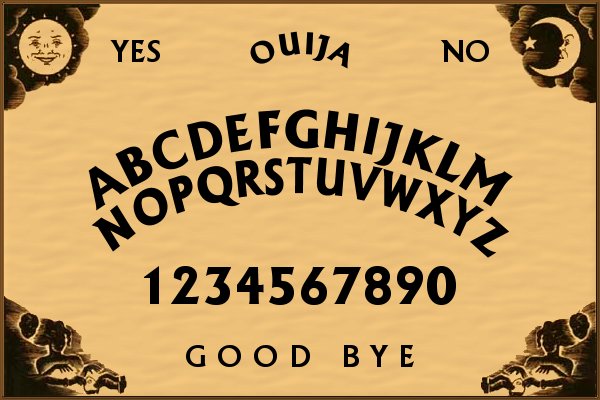“Where should we be today if we had been offered blood, toil, tears and perspiration?”
“Reflections at a Movie” (1942), Northrop Frye on Modern Culture, 107.

I remember Imre Saluszinsky writing to me years ago, when the Late Notebooks were first published, saying how astonished he was when he read passages from Notebook 44 such as the following, in which Frye is reacting to Helen’s death: “When Helen died, the real Helen became an angel in heaven….Helen was a pile of ashes, an absence to me, and an angel: perhaps she’s a genius to me (or anyone else who loved her and is still living or not living and still confused)” (CW5: 254). Could Frye really mean that he thought Helen could be an angel? Frye is a liberal intellectual, and for liberal intellectuals such metaphors as “eternal life” are merely figures of speech, not realities. Surely eternal life really means to survive in the memories of friends, or to be “one with nature” by becoming part of the nitrogen cycle. But if Frye was opposed to demythologizing the Bible, he would also have been opposed to demetaphorizing it. (I promise to use that hideous word only once). This makes us uncomfortable: it seems to move Frye closer to the kind of fundamentalist literalizers that he himself so often satirized. So we are perhaps most comfortable thinking of the quoted passage “merely” as an irrational outburst of unbearable grief. After all, the idea is not even Christian: dead human beings do not become angels in Christian heaven.
However, this entry is the final one in Notebook 44; it occurs 117 pages after the announcement that Helen has died. A mere 11 pages after that announcement, Frye is in a state of mind that most of us could understand more readily; moreover, in this earlier passage, he links Helen’s death to the passage from Hebrews that people have been discussing lately: “I’ve said that I have hope about another life, but I don’t have faith, in the Hebrews sense of a hypostasis of hope. The furthest I can get is a negative faith: I do not believe that those ten squalid and humiliating days in the Cairns hospital is the total end of a lovely and lovable human being. (Total for all practical purposes: Butler & others would talk about surviving in the memory of others, but miserable comforters are they all. She’s in heaven, Catherine said: but I don’t know where (or what) heaven is, or whether the word ‘where’ applies to it” (CW5: 148).
Yet Frye gradually develops that negative faith in the direction of a positive faith in Helen’s continued presence, in passages such as the following: “But grief emphasizes the pastness of the past, and so works against the mythical imagination. Helen was—that’s the beginning of tears and mourning. Helen is. What she is, perhaps, is a central element in the unseen which will clarify my understanding, if such clarification is granted to me” (CW5: 139). Here, the hope for eternal life has been provided with substance and evidence: Helen is not absent, but present, here and now. However, I think faith has two aspects, present and future. It provides an experience of infinity and eternity here and now, the world in the grain of sand, eternity in an hour. But the alternative translation of hypostasis as “assurance” for the future may be an aspect of faith as well. This is the theme of Milton’s Nativity Ode: that on the morning of Christ’s nativity, our redemption is accomplished now—but not yet. In Frye’s case, Helen is present now, but that presence provides hope for a future in which they will be reunited in eternity. Only a saint could maintain such faith continuously, but the memory of such moments helps to sustain us in the dark times, when “we find ourselves staring blankly into an unresponding emptiness, utterly frustrated by its indifference,” as Frye puts it in “To Come to Light,” a sermon of 1988.
Frye’s sense of Helen’s presence as a guardian spirit and Beatrice figure apparently remained on the level of intuition and not of direct vision. He was, after all, an intellectual. But in others, extremity has at times produced actual visions, such as Blake had after his brother Robert died. An unexpected publishing phenomenon of the last couple of months has been that of Jung’s Red Book, in which he recorded and illustrated a series of visions he had over a period of several years, midway in the journey of his life, when he had been cast out of the Freudian movement and found himself in a dark wood. Intellectuals, liberal and otherwise, have always been convinced that Jung was a nut case, and one awaits the inevitable reviews of the Red Book proclaiming that their hunches have been confirmed. But the funny thing is, all sorts of people have become fascinated enough with the volume to pay $195 dollars for it. Perhaps I should not be so impatient with such intellectuals, but they seem totally unaware of how they—like most people, to be sure—have carefully arranged their lives so that nothing visionary or uncanny could ever enter into them. This provides circular proof for them that the visionary and uncanny do not exist, except as pathological delusions.